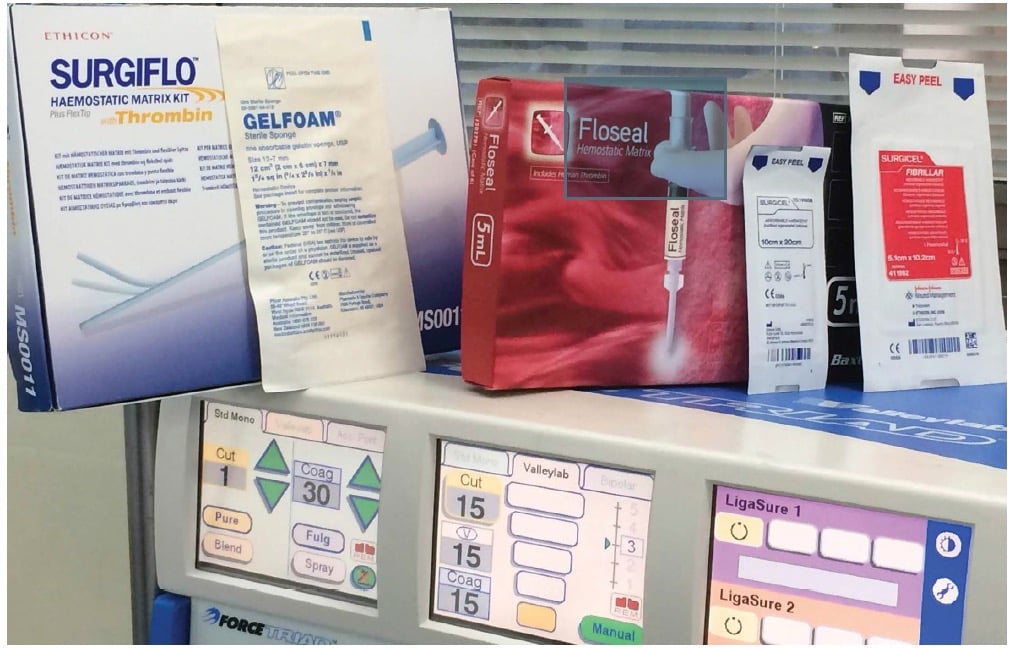Here’s What Should Be in a First-Aid Kit from freeamfva's blog
Here’s What Should Be in a First-Aid Kit
We all like to think we’re invincible, but accidents happen. Are you ready for them when they do?To get more news about ifak kits, you can visit rusuntacmed.com official website.
Having a fully stocked first-aid kit is the key to being prepared for at-home injuries, so it’s important that yours is properly stocked and tailored to your family’s unique needs.
“Just a small amount of prep work on your part can lead to much better outcomes when accidents do happen,” says emergency physician Thomas Waters, MD.

He walks you through creating a home first-aid kit to have at the ready — just in case.
Why you need a first-aid kit
“We never think something bad is going to happen to us,” Dr. Waters says, “but when we least expect it, it does. Having a complete first-aid kit means that when it does happen — when you’re stressed and in a panic — you’ll find everything you need in one location.”
Where to store your first-aid kit
Store your first-aid kit someplace easily accessible in a spot that makes sense to your family — much like you would with a fire extinguisher.
“You want to be able to pull it out and have everything you need at your fingertips rather than scrambling around,” Dr. Waters says.
Ask yourself: Where would you be most likely to turn in an emergency? Once you’ve picked a spot, be sure to let the whole family know where they can find it.
What to put in your first-aid kit
“A good general first-aid kit has things in it — including medications — for any type of situation that might arise,” Dr. Waters says.
Each kit will vary by family, but Dr. Waters shares a list of items to include, as well as circumstances to consider to determine what else you might need.
Don’t forget to update your first-aid kit
Now that you’ve created a first-aid kit, you’re all set for a while — but you’ll have to revisit it every so often to be sure everything is up-to-date.
“Check your first-aid kit annually to make sure it’s current and safe to use,” Dr. Waters says. “You’ll want to remove and replace anything that might be expired or old.”
Swap expired medications for new ones, inspect metal objects for rust and replace the batteries in any electronics. And don’t forget to replace items you’ve used throughout the year!
Post
| By | freeamfva |
| Added | Oct 10 '22 |
Tags
Rate
Archives
- All
- March 2025
- February 2025
- January 2025
- December 2024
- November 2024
- October 2024
- September 2024
- August 2024
- July 2024
- June 2024
- May 2024
- April 2024
- March 2024
- February 2024
- January 2024
- December 2023
- November 2023
- October 2023
- September 2023
- August 2023
- July 2023
- June 2023
- May 2023
- April 2023
- March 2023
- February 2023
- January 2023
- December 2022
- November 2022
- October 2022
- September 2022
- August 2022
- July 2022
- June 2022
- May 2022
- April 2022
- March 2022
- February 2022
- January 2022
- December 2021
- November 2021
- October 2021
- September 2021
- August 2021
- July 2021
- June 2021
- May 2021
The Wall